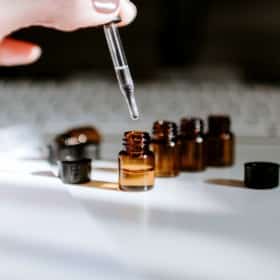Today, we’re going to be taking a look at natural remedies for sleep anxiety. And answer your most pressing questions. So, if your ready, let’s begin…
Sometimes, health problems have obvious solutions. If you have an ear infection, you take an antibiotic. If you are struggling with high cholesterol, your doctor will ask you to get some more exercise into your routine.
However, when it comes to sleep anxiety, there’s no apparent cure. The stress countless people feel when they go to bed, caused by a fear of nightmares, worry about the day ahead, or even just the concern that you might not get enough sleep, doesn’t come with a clear solution.
Many people assume that reaching for a sleeping pill will help, or that they should start taking medication for anxiety. While this can be the right route for some people — it won’t work for everyone.
Particularly when you consider that anti-anxiety medication can increase your mortality risk by 36%. If your insomnia is getting the best of you, but you’re not ready to start popping pills just yet, then it could be time to check out some natural remedies for sleep anxiety instead.
Today we’re going to examine nighttime sleep aids in the form of therapy interventions, personal interventions and supplements as natural help to sleep.

Natural remedies for insomnia and anxiety: Psychological solutions
We need medications for a lot of things.
Man-made treatments for anxiety, insomnia, and depression exist for a reason. If your doctor suggests you should be taking one of these pills, then it’s best to take their advice.
However, it’s worth noting that many sleeping pills and anxiety aids come with side-effects. The impact of consistently taking medications every day can quickly take a toll on your health.
That’s why most doctors will start with psychological sleep anxiety remedies before they start suggesting medications.
These psychological strategies are intended to address the underlying cause of your anxiety. Since it’s your stress and discomfort that keep you awake at night, getting to the bottom of those issues can solve many of your major problems.
Here are just some of the best natural sleep aids for anxiety in the psychological area:
1. Cognitive behavioural therapy
Cognitive behavioural therapy or CBT concentrates on discovering the thoughts or feelings that trigger your anxiety.
For instance, if your insomnia is caused by worries that you’re not going to get enough sleep, your CBT professional will help you to counteract those thoughts when they creep in at night.
A study by Harvard University found that CBT was better than sleeping pills given on prescription for 63 insomniacs.
The therapy reduced time required for patients to fall asleep by half, and improved quality of sleep by 17%. As a natural remedy for sleep anxiety, your CBT strategy may include:
- Relaxation treatment
- Sleep hygiene support
- Sleep scheduling
- Stimulus control
- Journaling
2. Emotional freedom technique
This is a more recent option when it comes to natural remedies for insomnia and anxiety. It’s based on acupuncture and asks users to tap specific pressure points on their chest and face when they’re going to sleep at night.
Simply tapping parts of your body might not seem like it would have a considerable impact on your sleeping patterns, but this treatment has been proven to be effective in treating PTSD for war veterans.
The great thing about EFT is that you can learn how to do it yourself without having to wait for an appointment with a therapist or specialist. This strategy is particularly suitable for panic attacks caused by sleep anxiety. Here’s a video to help.
3. Mantra repetition
Psychological treatments for sleep anxiety usually focus on changing the way your mind responds to feelings of panic and stress.
Repeating an affirmation can help to focus and calm your mind when you’re settling into bed at night. According to a study from 2015, women who were taught to repeat a mantra throughout a week experienced reduced levels of insomnia.
You can choose just about any mantra you like for this treatment, as long as it makes you feel positive and calm. You need a statement that’s simple, easy to say out loud, and in the present tense. When you focus on the beat of the mantra, and the comfort that it gives you, you’ll start to feel tired enough to go to sleep.
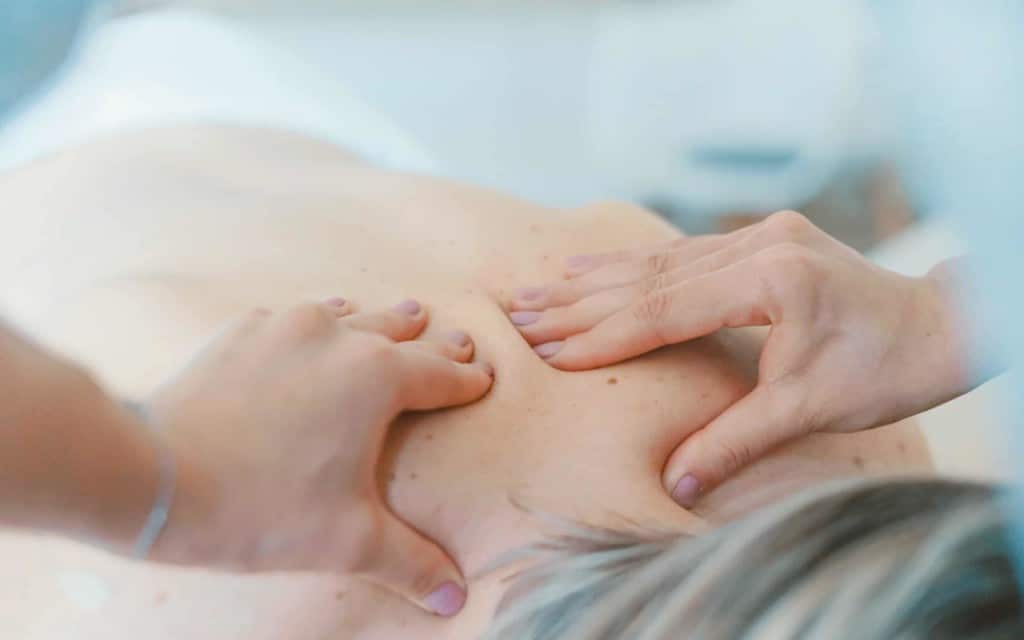
Natural sleep anxiety remedies: Relaxation techniques
Changing your mindset is a valuable way to overcome issues of anxiety, insomnia, and stress. However, one of the other crucial things you’ll need to learn how to do is relax and get yourself ready for sleep. Anxiety ramps up the cortisol and adrenaline levels in your body, making it harder to shut down.
Learning how to actively relax at night is one of the best natural remedies for anxiety and sleep issues. It requires no professional treatment or medication whatsoever. Here are some of the best ways to relax in time for sleep:
1. Create a sleep-friendly environment
After suggesting psychological treatments like CBT, one of the first things your doctor will recommend for insomnia and anxiety is improving your sleep hygiene. When you’re struggling with anxiety at night, a calm and relaxing sleep environment is crucial for uninterrupted rest.
Start by getting rid of anything in your bedroom that may distract you and make it difficult to sleep, including clocks, screens, sources of noise, and sources of light.
Invest in some blackout curtains or blinds, and make sure that your bedding is comfortable, without causing you to overheat. For the best comfort, the national sleep foundation recommends a room temperature of between 60 and 67 degrees (Fahrenheit).
2. Practice meditation
Mindful meditation is one of the most common natural solutions recommended for both insomnia and anxiety. It’s a practice that focuses on bringing your mind and body into alignment.
The techniques used are guided visualisation and deep breathing. Researchers in a 2011 study found that meditation can have a significant impact on sleeping patterns and treating insomnia.
These days, there are plenty of ways that you can take part in meditation, by following the guidance of a video online or downloading an app on your phone. You can also join meditation groups for help learning how to meditate more effectively.
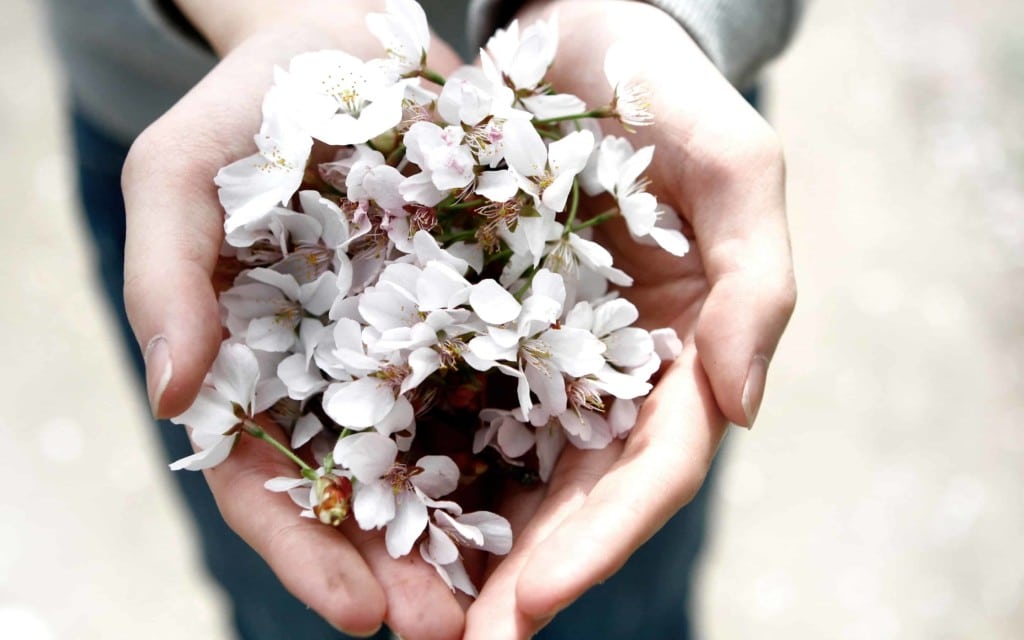
3. Use yoga
If meditation doesn’t seem like enough for your sleep and stress issues, you could always try adding a little exercise into the mix. Research has found that yoga can have a significantly positive effect on sleep quality, improving physical functioning, and alleviating stress at the same time.
Don’t worry, you don’t need to be incredibly flexible or have fantastic balance to try a bit of yoga before bed. There are plenty of poses for beginners out there to help you get started. The effect of yoga is there for everyone. It doesn’t matter if you only do it for 5 minutes and can’t reach your feet.
4. Try massage and aromatherapy
Although you might not be able to invite a masseuse into your home every night, you can get similar benefits from performing self-massage techniques. Researchers from 2015 released a report that found massage therapy can have enormous benefits for people with insomnia.
To improve the results of your self-massage sessions, consider adding a few aromatherapy oils into the mix. The scent of things like chamomile and lavender will help to relax your mind and body, so you’re more conducive to a good night’s rest.
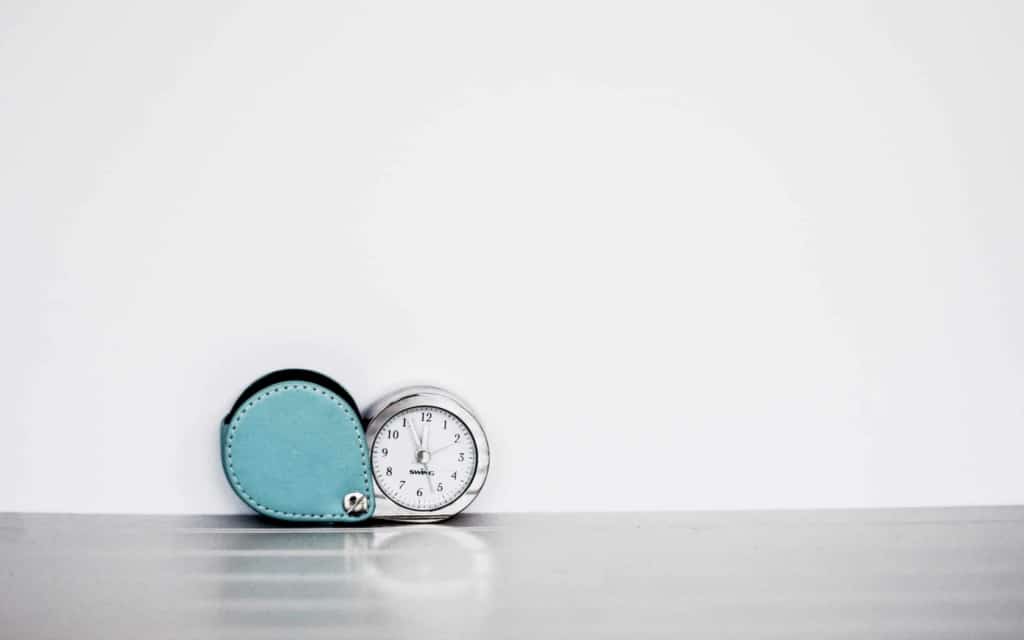
Best natural sleep aids for anxiety: Things you can do each day
Improving your quality of sleep when you suffer from anxiety and insomnia doesn’t have to be all about sessions with a CBT professional or meditation before bed. Sometimes, the little changes that you make to your routine each day can make the biggest impact.
For instance, the amount of exercise you get each day, or even the level of light that your body is exposed to can change the way that you sleep. Here are a few natural sleep anxiety remedies that you can implement into your daily routine:
1. Manage your light exposure
Light therapy is a standard part of many sleep anxiety remedies. If you have trouble with your circadian rhythm, or you don’t fall asleep as quickly as some people, the issue may be that you’re not getting exposed to as much natural light in the mornings.
Sunlight plays a vital role in telling the body when to wake up and when to go to sleep. That’s why people who work night or graveyard shifts have so much trouble managing their sleeping schedule.
A walk in the sun when you wake up in the morning could be a great way to get your rhythm back on track. You can also buy natural home light therapy units online.
2. Spend time with animals
If you ever needed more of an excuse to spend time with your furry friends, this is it. As bizarre as it sounds, more time with a pet is one of the best natural sleep aids for anxiety.
While many people will probably prefer to spend time with a dog or cat, the pet doesn’t even need to be furry to make a difference. One study in 2015 found that caring for crickets can improve psychological health in seniors.
Spending time with animals also reduces feelings of stress and anxiety commonly associated with periods of trauma. A systematic review in 2015 found that grooming horses can alleviate the effects of PTSD.
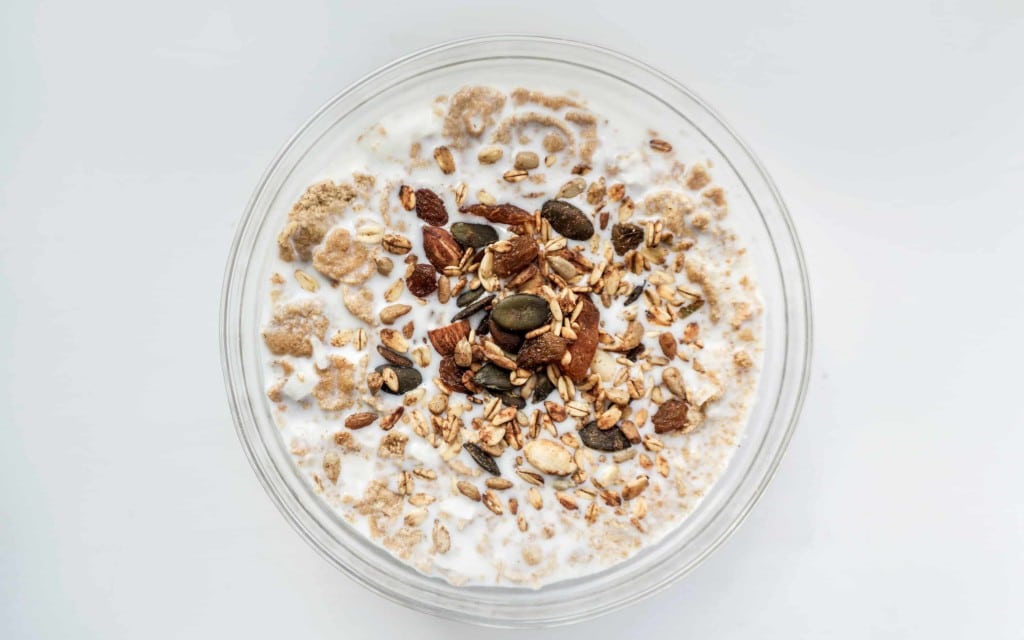
3. Address your food and diet
The things you eat and drink each day can have a significant impact on how well you sleep at night. They can also make a difference to your feelings of stress and anxiety.
Most doctors will recommend staying away from caffeine, alcohol, and nicotine if you want to get a good night’s sleep. All of those things are stimulants, which means that they’re likely to keep you awake at night.
However, it’s also worth cutting down on sugar too. Eating foods that will help you sleep is also useful when it comes to natural remedies for insomnia and anxiety.
Try using tryptophan(an amino acid) to wind down at night. Vitamin B6, found in bananas and sunflower seeds is also a great choice. Some of the best food-based remedies for anxiety and sleep include:
- Turkey
- Kiwis
- Fatty fish
- White rice
- Walnuts
- Almonds
- Whole grains
4. Exercise more often
Exercise is pretty much a catch-all cure for better health. If you need more energy, a better mood, or reduced risks of long-term illness, then exercise is an excellent way to make a real difference to your life.
Participants in one 2015 study found that after exercising for 150 minutes per week for six months, they saw fewer symptoms of depression, anxiety, and insomnia.
You don’t need to be a gym junkie to unlock the benefits of exercise, but you will need about 20 minutes per day. That might include a quick jog after work, or some pushups before you leave the house each morning.
Just make sure you don’t exercise too close to your bed-time, as this will raise your adrenaline and cortisol levels.
5. Create a night-time ritual
Speaking of bedtime, make sure that you stick to the same one every night. Ask most doctors, “what is the best natural sleep aid?” and they’ll tell you nothing beats the value of a good routine each night.
The more you stick to the same schedule every day — waking up and going to sleep at the same time, the more your brain and body get used to it.
This means your mind will start to naturally shut down at a particular time each day, reducing your risk of issues with insomnia.
The easier it is for you to nod off on cue, the less likely you’ll be to experience symptoms of anxiety and stress. Consider supplementing your schedule with a nice relaxing cup of tea, a hot bath, and some of your favourite tunes to help your mind wind down.
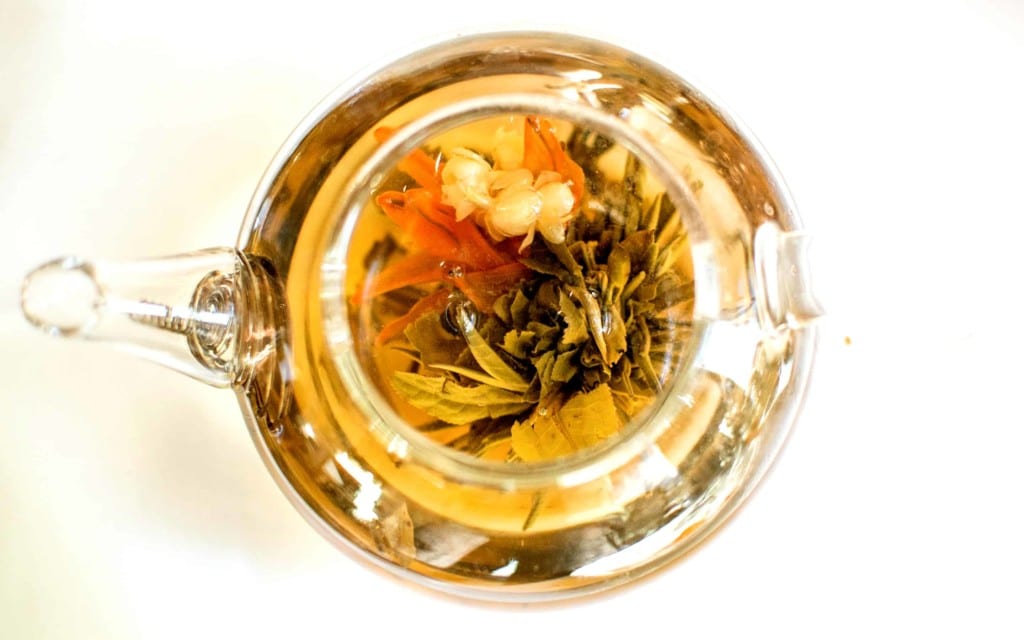
Remedies for anxiety and sleep issues: Supplements
One thing your doctor may suggest before they prescribe a conventional medication is exploring supplements and herbal remedies for sleep and anxiety.
Supplements are generally offered to people who don’t have enough of a particular substance in their system. For instance, a lack of melatonin in your body can make it harder to regulate your sleep and waking cycles.
There are plenty of great supplements on the market that may be beneficial to sleep. However, it’s worth noting that these options won’t’ work for everyone.
Some studies suggest that Tryptophan may help to improve sleep quality and cause you to fall asleep faster. Other research indicates that the substance may not change your sleeping patterns at all. You might need to try a little experimentation here.
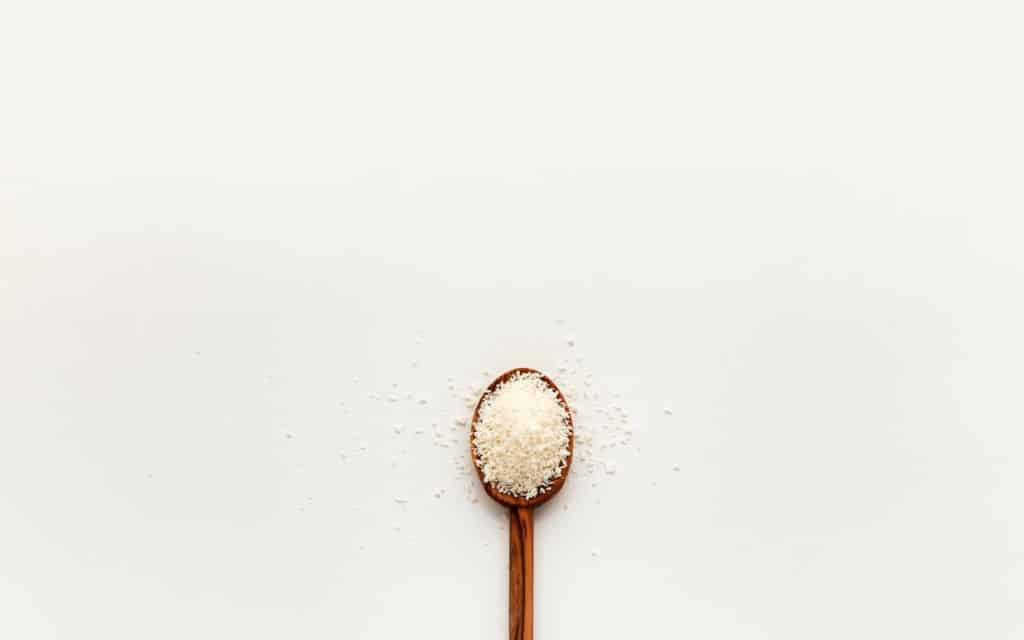
Some of the most common supplements used as remedies for anxiety and sleep include:
Glycine
Glycine is an amino acid that can have a significant impact on your nervous system. According to studies, glycine can help to lower your temperature at bedtime, which tells your mind that it’s time to go to sleep. One report found that participants taking 3 grams of glycine before bed felt less fatigued in the morning.
Magnesium
Here’s a substance that’s involved in hundreds of processes throughout the human body. Magnesium affects everything from heart health to brain function.
It can also be fantastic at quieting the mind and body, making it easier for you to fall asleep. Magnesium assists with regulating the production of melatonin — the hormone that guides your sleep-wake cycles.
Melatonin: Melatonin is the hormone that your body produces naturally — signaling to your brain that it’s time to go to sleep. This hormone’s cycle of release and production is influenced by the time of day. You generally produce more melatonin at night.
People who struggle to produce melatonin can benefit from a supplement, but over-exposure to this substance can create problems in the long-term. This supplement is usually a part of remedies for insomnia and anxiety in shift-workers and people who travel a lot.
Calcium
Calcium can have a significant impact on your sleeping cycle too. Studies indicate that calcium levels in our body are higher during deep REM-sleep periods. If you have trouble reaching these stages in your sleep cycle, the issue could be caused by a calcium deficiency.
Doctors usually won’t recommend calcium-based remedies for anxiety and sleep unless they know that you’re deficient. You can always try drinking a cup of warm milk before bed, though!
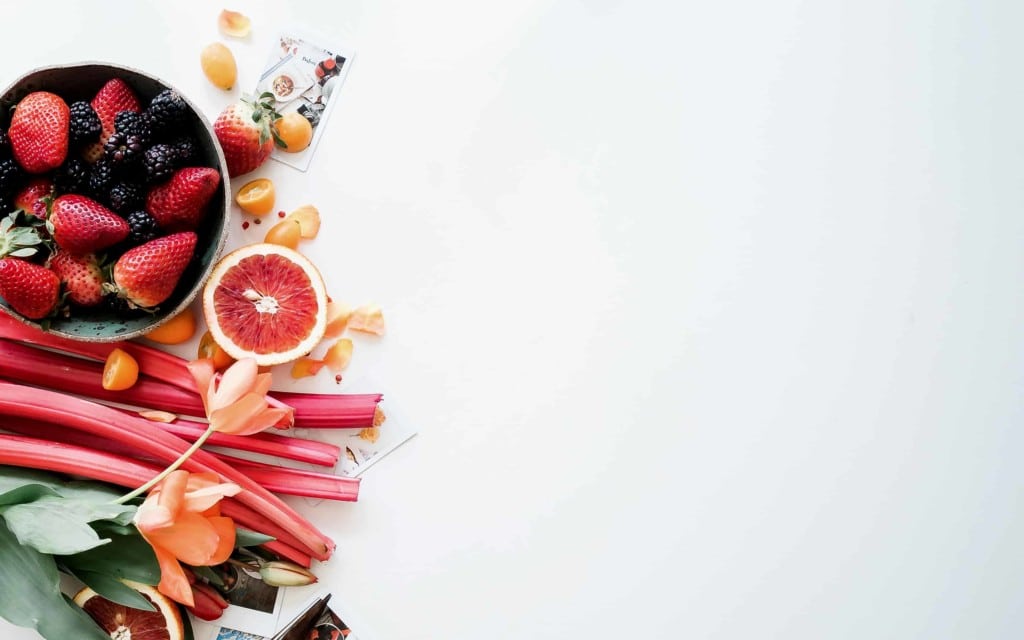
Herbal remedies for sleep and anxiety: Common options
Finally, if you’ve ever looked into natural resources for sleep anxiety before, then you’ve probably noticed all the countless herbal options available.
That’s because there are plenty of herbs out there that have proven themselves to be effective at treating insomnia and anxiety through various studies.
Combined with a good sleep hygiene strategy and a regular sleeping schedule, herbal remedies for sleep and anxiety can both improve the quality of sleep that you get and ensure that you wake up feeling more refreshed too. Three of the best options include:
1. Passionflower
Passionflower is one of the most studied substances available for the herbal treatment of sleep disruptions and anxiety. Although most of the research into this plant has been conducted with animals, its effect on humans is starting to become evident too.
For instance, in one study on humans, those who drank tea made of passionflower were able to achieve a better level of sleep after one week. Passionflower also has benefits for people who suffer from excessive feelings of stress, anxiety, and depression.
2. Lavender
Lavender is probably one of the plants with the biggest connection to sleeping issues. As one of the best natural sleep aids for anxiety and insomnia, lavender helps to soothe the mind and body with a delightful fragrance and various unique compounds.
When you drink lavender in tea form or expose yourself to it as a form of aromatherapy, you can quickly eliminate issues of mild insomnia according to countless scientific studies. The effects of lavender are often greater in females and younger individuals.
3. Valerian root
Finally, valerian root is commonly used as a natural remedy for sleep and anxiety issues across various parts of the world. Although further research into the benefits of this plant is necessary, studies have found that patients who take valerian root before bed can achieve better self-rated levels of sleep quality with only a small dose.
Although it might take some experimentation before you determine whether this substance works for you, there are far fewer risks of side effects with substances like valerian than you would get with a conventional sleeping pill.

How can I calm my anxiety at night? The natural route:
In today’s modern world, most of us are dealing with more stress, anxiety, and sleeping problems than ever before. We sit awake in our beds at night, wishing that we could get a better quality of sleep.
However, we know that most conventional sleeping pills have dangerous side-effects that we’d rather not risk. Additionally, sleeping pills also come with issues like morning grogginess and feelings of exhaustion throughout the day that makes it hard to live your best life.
It’s no wonder that so many people are looking for natural remedies for sleep anxiety and insomnia instead. Although there’s no guarantee that any of the options mentioned above will work for you — the same could be said for any sleep-based treatment.
The best thing you can do is experiment with your options and find out for yourself what kind of supplement you need for your resting routine.
Additionally, remember that just because herbs and supplements are natural doesn’t mean that they’re always safe. Speak to your doctor before you start taking any herbal remedies, mainly if you’re using any medication for other health problems. Some substances can interact negatively with each other.
Siestio. Sleep Matters.
General advice disclaimer
This article contains general tips and advice. However, no diet or exercise program should be started without consulting your physician or other industry professional first. For more information read our full disclaimer here.


